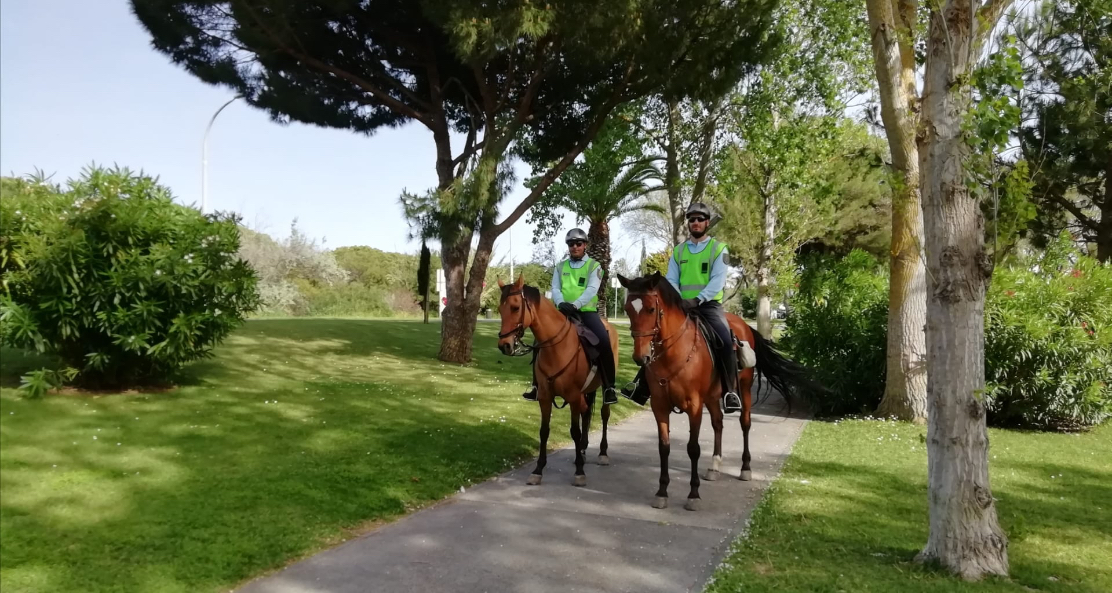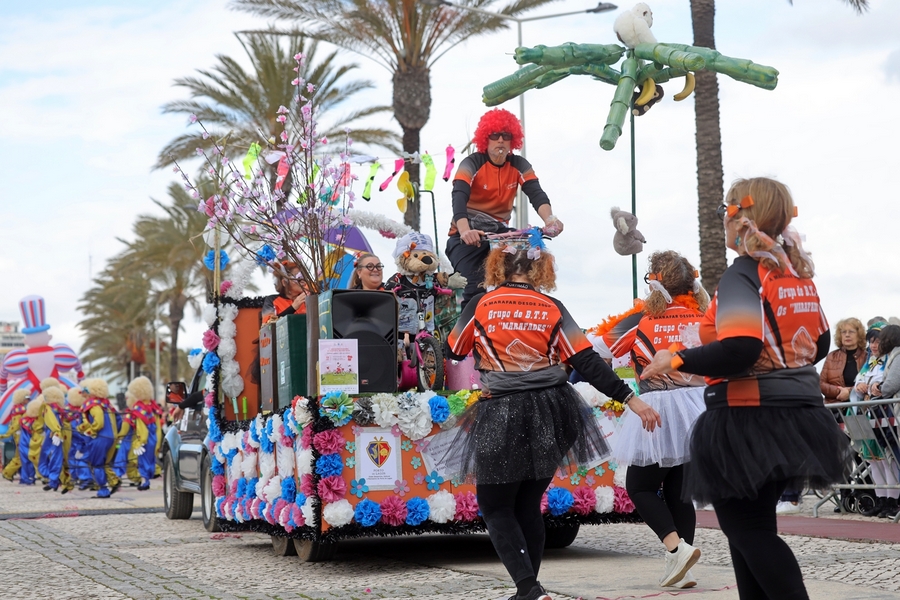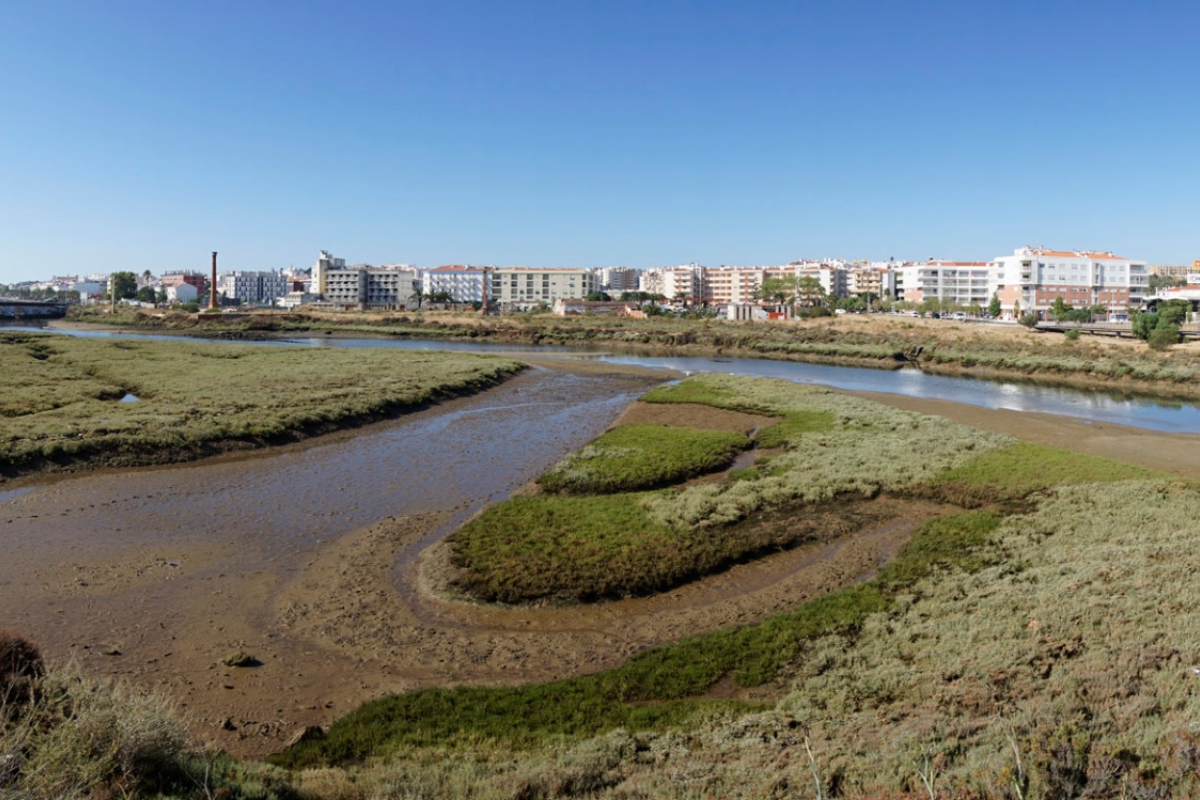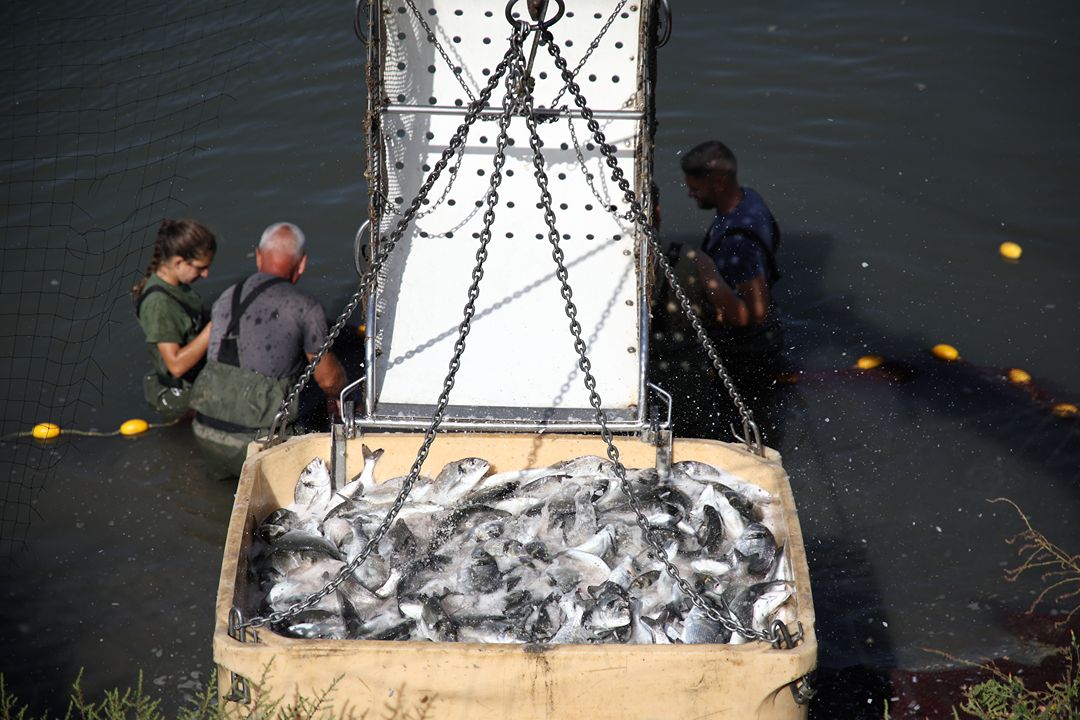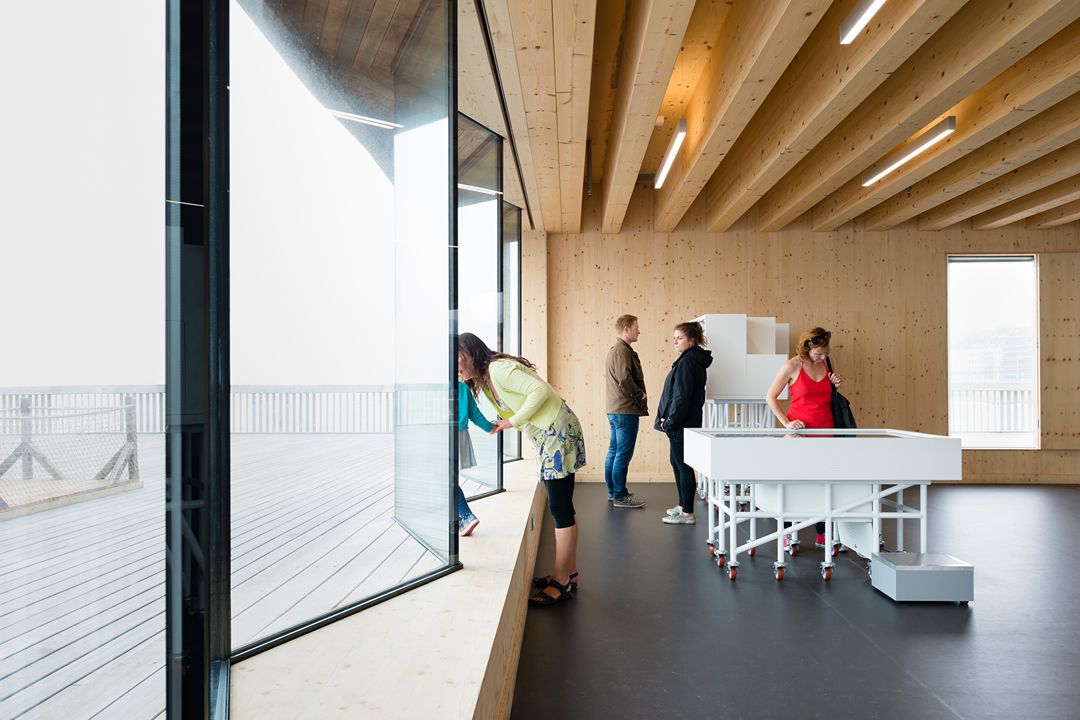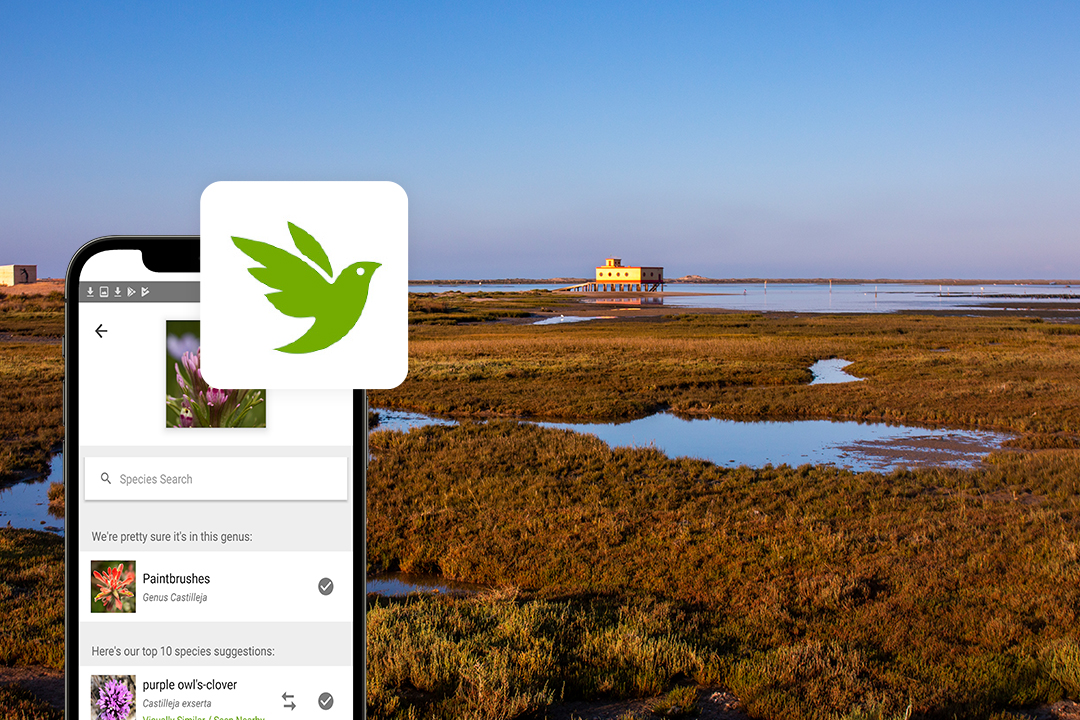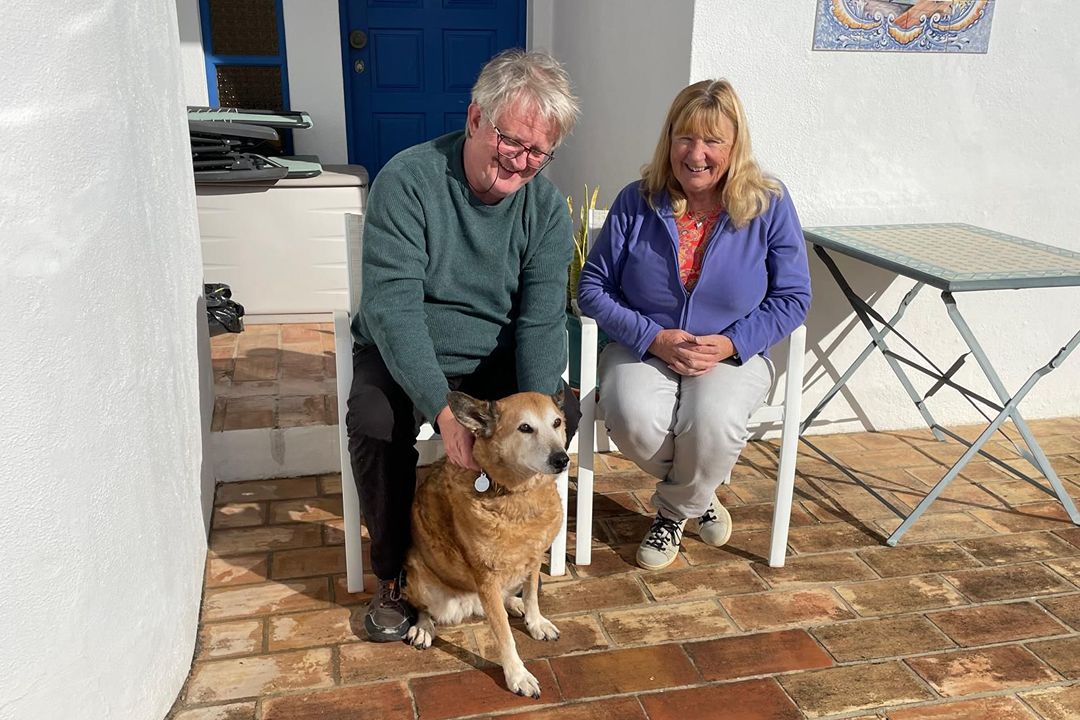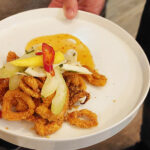Whether they’re attending ceremonial occasions or out patrolling, they’re a sight to behold. Vaughan Willmore takes a look at the work of the Cavalrymen of the Algarve and their horses.
One of the most captivating sights in policing is that of the mounted police. In many countries, their work now tends to be more ceremonial in nature but, here in the Algarve, they continue to perform much valued operational duties.
There are 16 horses currently at work in the Algarve, helping to keep people and property safe from harm. While their operational deployment is directed from the Guarda Nacional Republicana’s (GNR’s) territorial command in Faro, the horses and their riders are dispersed throughout the Algarve at stables and stations in Loulé, Vilamoura and Silves.
All of the horses start their working lives in Lisbon at the USHE (State Security and Honours Unit), a GNR Unit derived from the old Regimento de Cavalaria (Cavalry Regiment) and which has lead responsibility for the provision of state honours and securing the sovereign estate. It’s at the USHE that the horses receive their initial training, after which they are either retained by the unit or transferred to a territorial division such as Faro.
In terms of the officers – or Cavalrymen as they are known – in addition to their ‘normal’ GNR duties they undertake a Specific Cavalry Course consisting of lessons in hippology; the use of firearms on horseback, and everything else needed to help them become the most proficient riders possible.
The use of horses is regarded by the GNR as a distinct benefit both in terms of its operational advantages and public perception. The Cavalrymen and their horses ‘having the ability to convey an image of confidence and authority to people of all ages, residents and holidaymakers alike’. It is partly for this reason they are often utilised in military ceremonies and demonstrations in schools and at festivals and exhibitions.
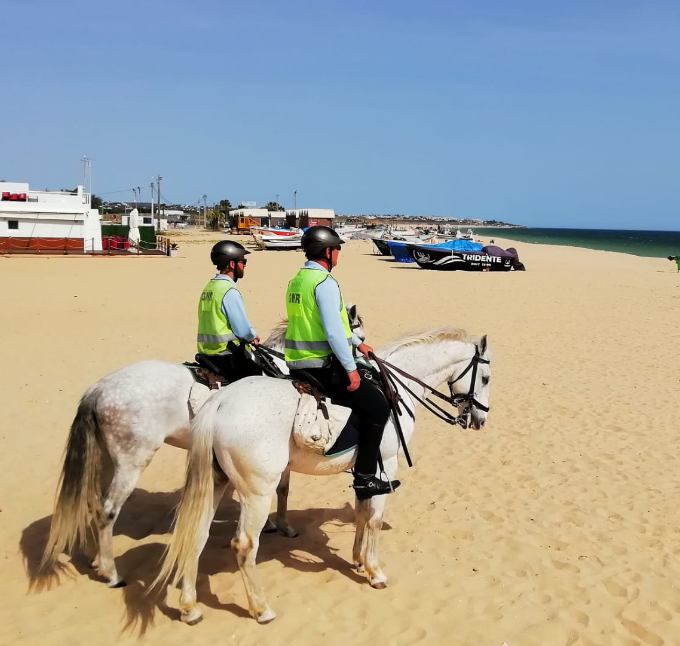
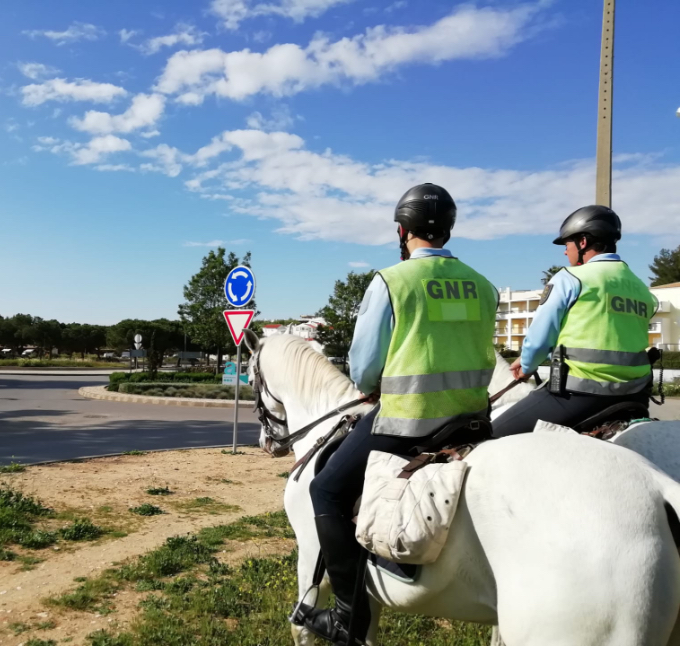
In terms of their operational deployment, they are typically used in three arenas.
Firstly, in the patrolling of the mountains and forests of the Algarve. Their ability to access remote areas that motorised vehicles and officers on foot find almost impossible to access, is of enormous benefit, particularly in respect to the prevention and detection of fires and, if needed, the search for missing persons. On such patrols as these, a horse can typically walk 30km without suffering any noticeable lethargy.
Another area they are deployed here in the Algarve is close to beaches and their car parks. It’s here where the elevated height of the Cavalrymen (typically about 2.7 metres) makes them a highly visible deterrent and provides them with a fantastic perspective of the locality, helping to deter such things as vehicle crime and anti-social behaviour.
Finally, providing policing and prevention services in urban areas and at major public events. Again, their visibility is a highly effective deterrent and provides the public with the reassurance the police are in attendance.
There are times in the year, most notably during the summer months, when 16 horses are not enough, at which point the Territorial Command may seek reinforcements from the USHE. It is here in the Western Algarve where reinforcements are often needed to help with the policing of Portimão, Albufeira, Lagos and elsewhere.
It would be easy to believe that mounted police have a more limited role in modern-day policing, but that’s certainly not the case here in the Algarve, where their ceremonial duties complement their crucial operational duties. As anyone charmed by the sight of the Cavalrymen and their horses must surely agree, long may that continue.
Did you know…
- All horses start their working lives in Lisbon at the USHE (State Security and Honours Unit).
- There are 16 horses currently working in the Algarve.
- Operational deployment is directed by the GNR command in Faro.
- Officers are known as Cavalrymen. Horses and Cavalrymen are dispersed throughout the Algarve at stations in Loulé, Vilamoura and Silves.
- Duties include patrolling of mountains and forests, urban areas and beaches.
Written by Vaughan Willmore
vaughanwillmore@hotmail.co.uk
